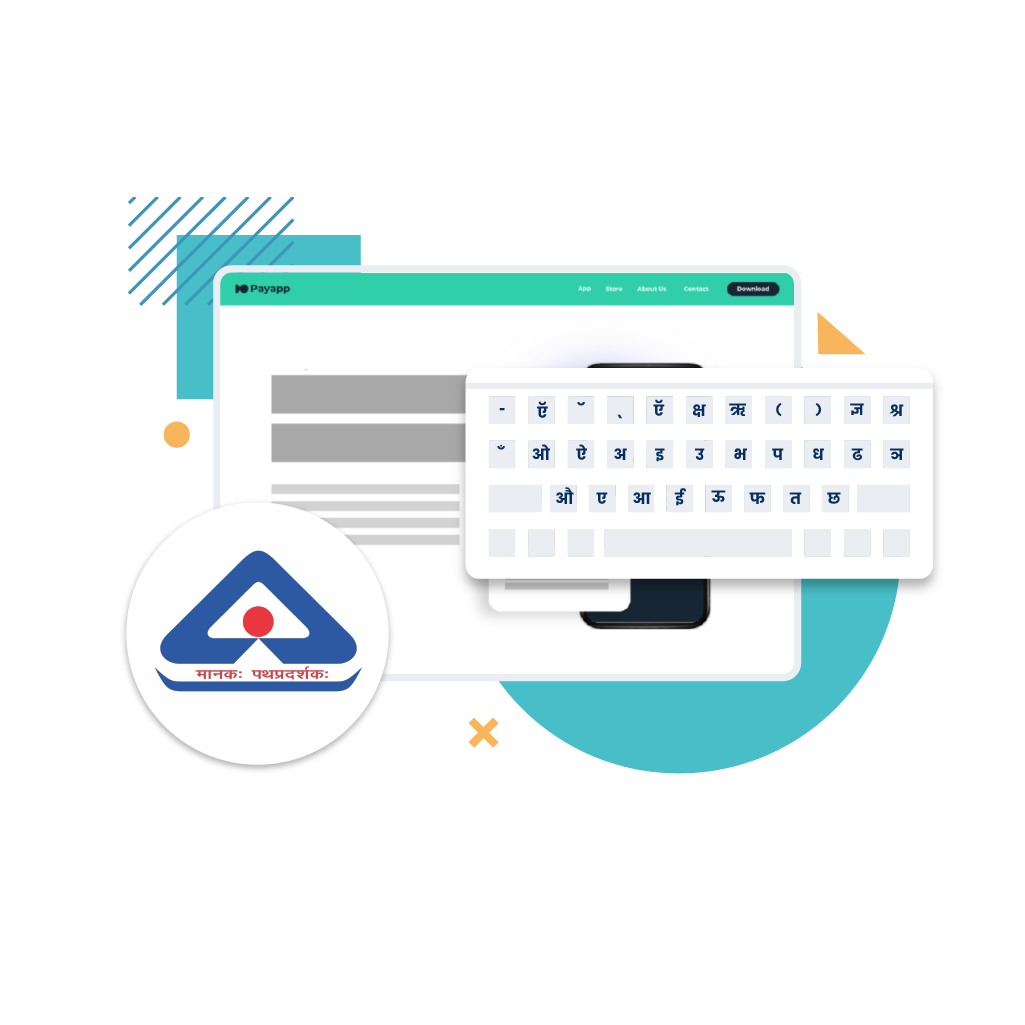Websites are prime real estate for any company with a digital presence.
As the primary touchpoint for discovery, websites are generally the first asset of a company that a user sees – a fact that marketers know all too well.
Marketing efforts are centered around bringing traffic to websites, with campaigns over various channels, including social media, emailers, digital ads, and more, bringing traffic in..
Apart from the obvious point of converting traffic into users of your product or service, websites play an array of roles and functions for any marketing team.
Websites are especially critical for B2C companies, and can cater to a range of different target audiences.
Their most basic role is of course to present a company’s offerings and make them discoverable for users brought to the site or finding it through search. A website also has a direct impact on market reach, by listing services and features offered to users, letting them know what your company provides.
A website also plays an active role in communication, by providing information also helps educate new users about the need for the product in the first place, and can educate them on best practices and developments in the field. Sections like blogs or reports can be rich in user education purposes.Through this, a certain brand image is created and maintained by the digital property.
Content in various formats also builds direct user engagement, where users can interact directly with the company’s public profile. Sectors like banking and digital payments place a premium on developing trust with users, since it is such a key element to their services.
Websites also have a direct relationship with a company’s revenue, by allowing users to purchase products and/or services. In addition to this, customers who have already made a purchase can be convinced to buy more, through cross selling and upselling.
In addition, landing pages for marketing campaigns bring users looking for specific purposes, such as to download a report or sign up for a trial.
Wasted Efforts
Now, imagine painstakingly putting in all this effort and lining up all these requirements, taking your time to do so, but your users do not understand what is in front of them – meaning that none of the website’s marketing objectives are ultimately fulfilled.
Although this may sound improbable, it likely happens more often than you think.
According to a 2017 Google-KPMG study, 536 million Indians on the internet will use an Indian language online in 2021, as opposed to 199 million English users. Clearly, Indian language users greatly outnumber English users in India, and website owners need to wake up to this fact.
What this means is that a large percentage of potential visitors to your website will not understand what they are seeing, or what you can offer them. The longer a website offers only English content to visitors, the longer it is alienating most of the Indian internet from the message it carries.
By presenting visitors with an English-only site, you are running a real risk of a large user base dropping off. The objectives of the website you’ve built and put effort into promoting will remain incomplete.
Translating Content
The first thought that comes to mind is obviously fixing this break in communication by bridging the language gap, through translating the entirety of a website’s content across its many pages. The languages to translate into would vary on the basis of requirements, like target regions and demographics.
This is easier said than done, however.
After all, websites are full of content, content that is often dynamic and frequently changing. Some of this content only shows up when users interact with a website, and much of it remains under the hood, within a site’s own front-end.
Translating all this content manually would prove to be a daunting, tiresome task. In addition, any new content added, edited, or removed would have to be updated immediately to prevent a mismatch between the English version and its translated version.
Imagine collating all of your website’s content over multiple pages in one place, translating it all, and then taking this plain text and mapping it back to content on the website, followed by painstakingly replacing it section by section. All this, just for one language.
The problem becomes clear.
Apart from being totally inefficient, this would not be scalable at all, especially given the fact that all translation will be required across languages.
Marketing teams should not have to manually convert web pages across a site on an ad-hoc, brute force basis.
There must be an easier process involved to handle this without putting needless strain on the bandwidth of marketing teams..
Website Localization Platforms
The answer to this lies in a streamlined, technology based solution – Indian language localization.
Localization platform combine both automatic machine translation, and access to skilled human translations to provide results in all required languages. In addition, platforms also let marketers automate the tedious parts of the process, like the incorporation of translated content within the website.
Localization platforms can also help your website’s presence in many other ways.
Different versions of your website can be automatically set up in different languages, ensuring discoverability across languages. For example, if your site is www.xyz.com, its Tamil version can be hosted on ta.xyz.com, and Hindi version on hi.xyz.com, to point to search engines that xyz.com website is also available in Hindi and Tamil languages when searched for in those languages.
SEO tags such as meta-title, meta-description and alt-text, are all translated according to best practices for making localized websites search engine optimized. This makes sure marketing efforts are assisted as well.
This also means that your website will start showing up in search queries that are in Indian languages themselves, as more and more Indians search in their own language. If an Odia speaker is looking for something and you happen to offer it, having an Odia version your website makes the content readily available.
By streamlining content conversion in its various forms, automating it, and controlling it from start to finish with an easy to use product, makes maintaining a website across different languages a much simpler task. Marketing teams can directly interface with the localization platform, instead of getting bogged down in manually overseeing the entire process.
Adopting a platform for localization can also give a company a decisive market edge as well.
With companies seeking to translate their websites, content, and offerings, using a dedicated localization platform ensures both scalability as well as rapid turnaround times.. The more content you can have in Indian languages and the quicker you can have it, the larger your advantage over your competitors.
In addition, you save on precious time, resources, and manpower by entrusting the entire process to an automated platform, letting your marketing team focus on what they do best – building your brand and bringing in leads.
Your choice of localization platform plays a key role in determining how the process is handled, and what level of control and granularity you can interface with.
Anuvadak, Reverie’s localization platform for websites, is a comprehensive, end-to-end localization solution for your website that can effortlessly be integrated with a website platform.


